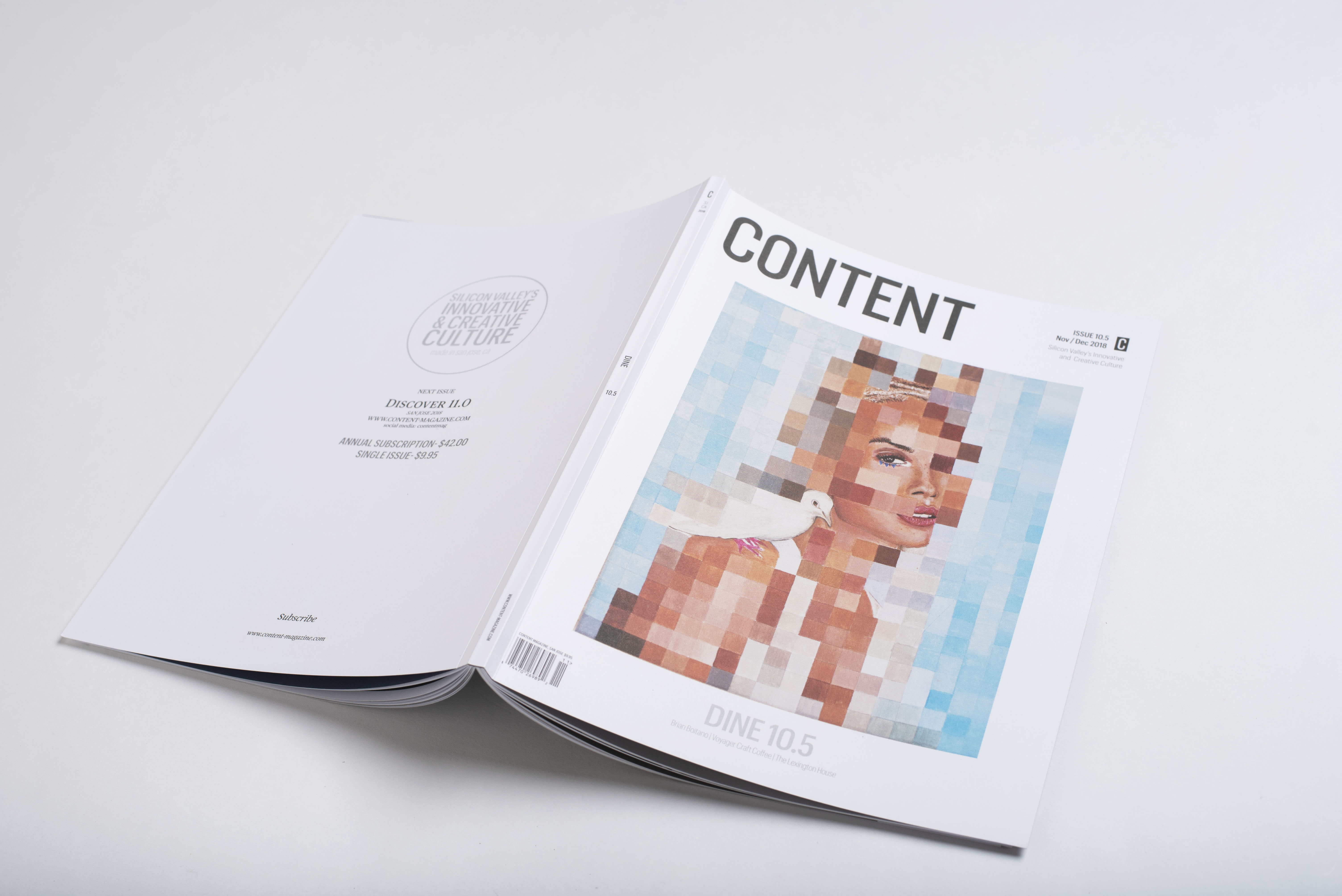
A rt can do a lot of good things for people—it can make them feel like they never have, articulate previously unknown emotions, provide direction and open the heart, and given the right (or wrong) circumstances, art can even save a life.
Take South Bay–based sculptor Nicolas Echeverri (Nicola Stela). Born and raised in Colombia, Echeverri had a sense of art in his adolescence and later channeled it into architecture, the industry he studied in school. When Echeverri was in his early twenties, he was forced into a situation that changed the course of his life forever. Heading out on the town one night with one of his wealthy relatives, Echeverri never could have guessed what would happen next. Echeverri and his friend were kidnapped by guerrillas and taken into the mountains to be held for ransom. The problem was, Echeverri was by no means wealthy, and the $200,000 ransom that his captors demanded could not be delivered. In response, they held him longer and abused him for what seemed like an endless period of time. The pain and fear grew so great in Echeverri that, for the sake of survival, he mentally shut down. Reduced to a primal, trancelike state, he accepted his fate and what he was sure to be his death. “I went into a very weird state of mind in which I was finally in peace. I let the problem go,” Echeverri recalls.
Then, inexplicably, the guerrillas freed him…
Indeed, Echeverri was free, but only physically. The trauma from the situation slowly shut him down, isolating him from his friends and family and making even simple, pure feelings like love impossible to handle. Unable to have normal relationships or a job, he fell to the lowest place he had ever been. “I dealt with the stress for years. I began looking for answers in a lot of things, especially spirituality, but nothing was able to heal me. I was too much in my mind,” Echeverri says.
Meanwhile, he was waiting for his green card process to be approved. “I came here to look around and see if I liked it,” Echeverri says of his first trip to the States, adding, “And I decided to stay.” It was here that he found the School of Visual Philosophy, which he credits with helping save him, as well as cultivating his skills and philosophy as a sculptor.
“If for a moment I can make people reach into their heart, then I’ve completed my goal. My art is not about thinking. It’s about making people feel.” – Nicolas Echeverri
After 17 years of a mental war with himself, Echeverri came to a breaking point. Then, what seemed to occur out of pure fate, he met a woman, a spiritual healer who guided him. Never a religious person, after six months of interaction, Echeverri had a spiritual rebirth—then came the visions. “I found myself in spiritual ecstasy. I was finally happy again,” he says of the transcendental experience. “The first thing I realized was I need to do something with myself,” he says. “I was blinded by fear and anxiety. So I grabbed a piece of wood and started carving,” Echeverri says.
Echeverri’s sculptures are therapeutic and stunning celebrations of humanity. Composed and crafted almost entirely in bronze, his work articulates the deep pain and long-lingering trauma that has defined so much of his life. But his sculptures, often comprised of outstretched human figures whose appendages meld into larger, abstract shapes, do not dwell on the suffering that brought Echeverri to sculpting initially. Instead, they express a sense of wonder, a celebration of life presented through the human figure’s physicality, all arranged with a somatic harmony enunciating what Echeverri is trying to say. “If for a moment I can make people reach into their heart, then I’ve completed my goal. My art is not about thinking. It’s about making people feel.”
Echeverri devotes most of his time to his sculpture. To pay the bills, he’s taken on a bunch of gig-economy jobs that are in abundance here. He credits this on-the-fly work for giving him plenty of time to devote to his actual work—his sculptures.
And he shows no sign of slowing. After the success of an exhibition of his work at the School of Visual Philosophy this past June, Echeverri—who now goes by the artistic name of Nicola Stela—wants to expand his artistic horizon. Ultimately though, he wants to keep making work that embodies his personal philosophy that “the mind can break, but the heart is untouchable.”
Instagram: nicovonbroen
Article originally appeared in Issue 10.5 Dine (Print SOLD OUT)


